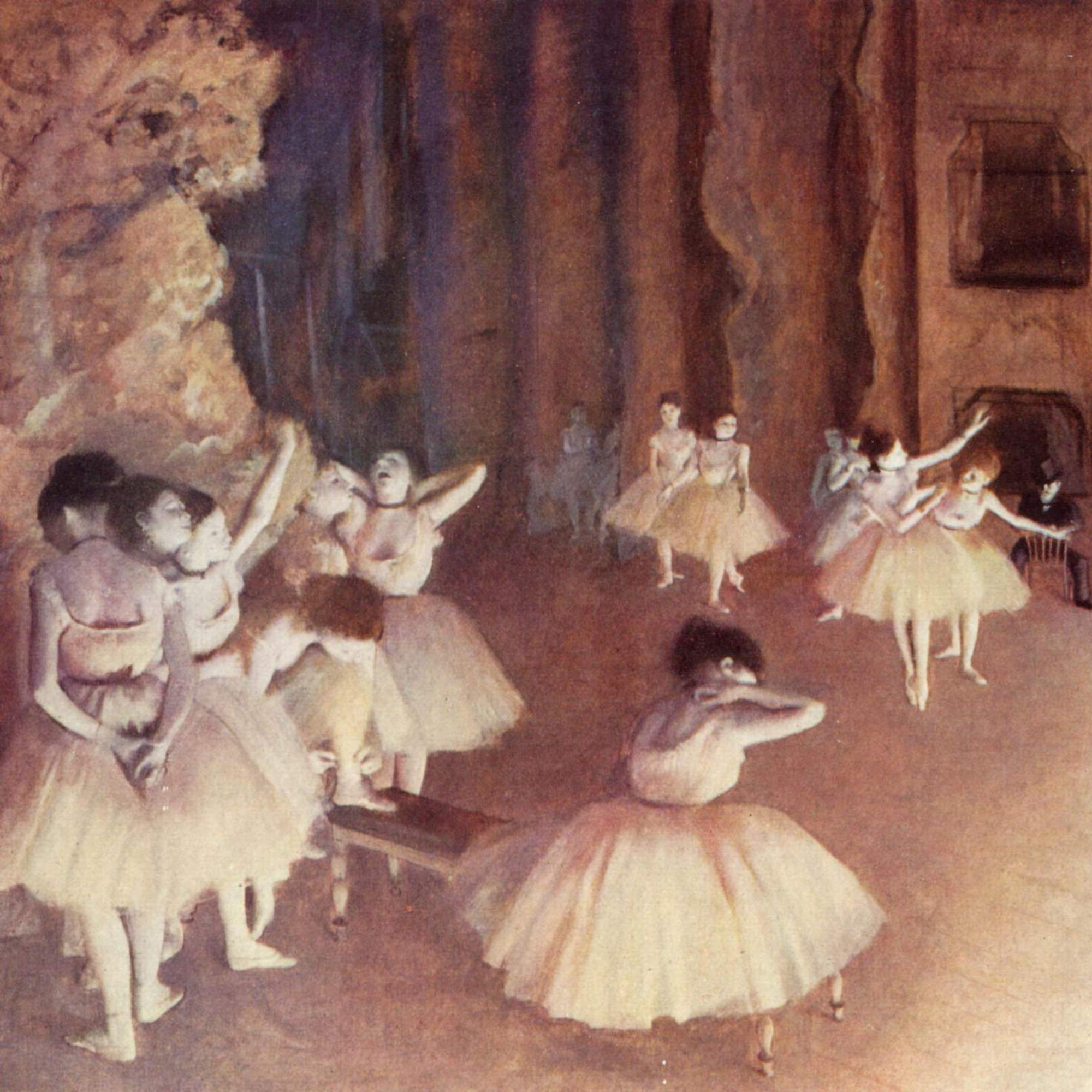Straith Schreder on getting lost in the media sauce.
There’s a place in North Carolina where gravity disappears. Water runs uphill. Houses lean twenty degrees. It’s supernatural, or it’s just Appalachia. Every station turns to static. Every photo I take out the window blurs. Without a horizon line, it’s hard to hold perspective.
It’s another two hours from the Gravitational Anomaly to the cabin. Darkness falls as we get down the pass. We check the tires. We get turned around by a trailer painted haint blue. At camp, dogs rush out barking. We hold up our phones, and follow them inside.
Maggie’s dad built this place thirty years ago, imagining a world where we’d learn from nature. The school didn’t last, but the homestead did. None of us really know Maggie or her dad, a survivalist figurehead, but they let us in. We’re here to shoot a documentary about the rise of rewilding, the growing number of kids in this country raised off the grid. We burn candles talking that night. Long after everyone goes to bed, I’m still up: running through the shot list, turning over the interview, thinking about how to get someone’s life down to something like twenty minutes.
At dawn, we start the day with Maggie. She says being out here is like being held by every tree in the Blue Ridge. We hike to the trailhead. I fall in love with the world in her image. Days go by like this. Maggie shooting guns. Maggie skinning a deer. Maggie in slow motion, a fire in the river bed. Zoom out, and she disappears into the forest forever. I want to lose the footage before it becomes what it’s supposed to be: an ad for Amazon Prime that will run on my employer’s YouTube channel.
It’s a long drive from Blowing Rock to Durham, and I miss my flight. I get on another that puts me through Salt Lake. The plane shakes its way across the country. I shouldn’t take another edible. I shouldn’t be here. When I post the video, it gets three million views. It obviously warps Maggie’s life in ways I couldn’t recognize, then.
Between 2017 and 2021, demand for documentaries on streaming platforms more than doubled, and films that once took in maybe a million at the box office sold at festival for ten times that, easy. What my employer saw early, saw with absolute clarity and cynicism, was that documentaries were always commercial products. They were right to assume you could force advertising into entertainment. They were wrong to confuse it with the truth. Either way, they were looking at a $6 billion valuation.
What my employer saw early, saw with absolute clarity and cynicism, was that documentaries were always commercial products.
By the time I joined, my employer was primarily known for abusing women. I took a pay cut. Everyone said they did. The New York Times article came out. So did the list of Emmy nominations: nine. I sent both to my parents, who worried.
I would worry, but I was working nights and weekends. I would respond to eighty pitches a week. I would learn how to put together a deck faster than anyone. I would get to the point where I could only visualize my thoughts in presentation mode. I would get to the point where I could move a room with a headline, I could take away the thing people hate most, making a choice, I could shout the key message without anyone ever having to hear my voice. When I fell asleep, I saw myself in Google Slides, updating the text, replacing the images, trying to find alignment in an interface.
|  | Nov 13, 2023 |
|
|  | Nov 9, 2023 |
|
|  | Oct 26, 2023 |
|
|  | Jul 18, 2023 |
|
|  | Jul 26, 2023 |
|
|  | Jun 9, 2023 |
|
|  | Apr 4, 2023 |
|
|  | Mar 31, 2023 |
|
|  | Mar 24, 2023 |
|











